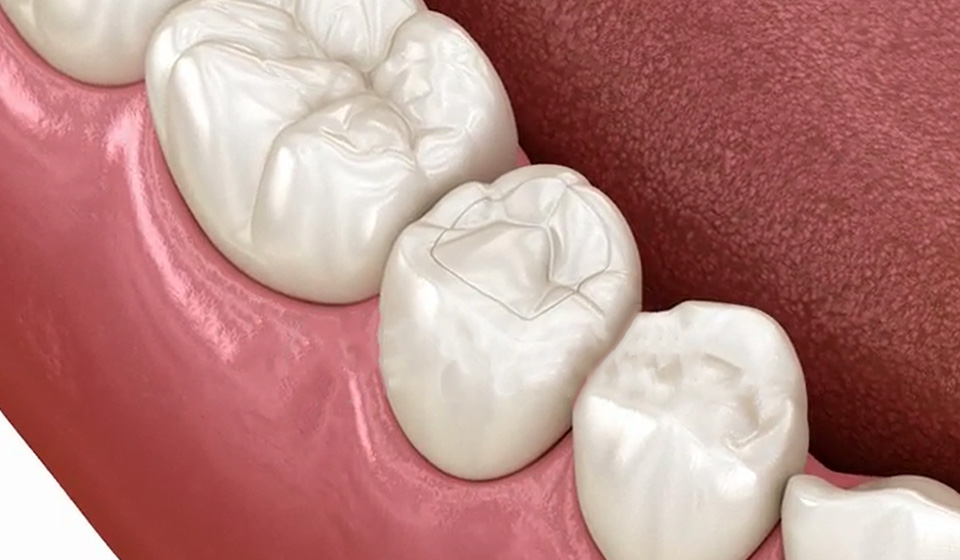Taking care of your teeth is an essential part of maintaining overall health. Yet, many people neglect their oral health until problems arise. Preventive dentistry is a proactive approach to dental care that can significantly improve the quality of your life by reducing the risk of dental issues before they become serious. If you’re in Houston and considering the benefits of preventive dentistry, you are on the right path to ensuring the long-term health of your teeth and gums. In this blog, we’ll discuss how preventive dentistry in Houston can be beneficial in our daily lives, highlighting the importance of consistent care and regular visits to your dentist.
What is preventive dentistry?
Preventive dentistry refers to the practices and treatments that help you maintain your oral health and prevent dental problems such as cavities, gum disease, and tooth decay. Rather than waiting for an issue to occur and treating it afterward, preventive dentistry focuses on the early detection of potential problems and the implementation of measures to avoid them altogether. This includes regular checkups, professional cleanings, fluoride treatments, and the use of sealants.
1. Maintaining Healthy Teeth and Gums
The foundation of preventive dentistry is maintaining the health of your teeth and gums. Daily habits such as brushing and flossing help remove plaque and bacteria, but professional cleanings from your dentist are crucial in reaching areas that are difficult to clean at home. A dental hygienist will remove tartar buildup, which can lead to gum disease if not taken care of.
Regular visits to your dentist also allow for early detection of gum disease, a common issue that can lead to tooth loss if left untreated. Early intervention through preventive care helps maintain the health of both your teeth and gums, ensuring they stay strong and functional for daily tasks like eating, speaking, and smiling.
2. Avoiding Tooth Decay and Cavities
Tooth decay and cavities are some of the most common dental issues, but they can often be prevented with the right care. Preventive dentistry focuses on keeping harmful bacteria and plaque away from your teeth. During routine dental visits, your dentist will inspect your teeth for any early signs of decay and take measures to address them before they develop into cavities.
In addition, treatments such as fluoride applications and dental sealants can provide added protection against cavities. Fluoride strengthens your tooth enamel, making it more resistant to decay, while sealants act as a protective barrier on your molars, preventing food and bacteria from settling in the grooves of your teeth.
3. Saving Time and Money
The cost of dental care can add up quickly, especially if you wait until problems arise. Preventive dentistry allows you to avoid the high costs associated with more extensive treatments by addressing dental issues early on. Routine exams and cleanings are much more affordable than treatments for cavities, gum disease, or tooth loss.
Additionally, preventing dental issues means fewer visits to the dentist for complex treatments like root canals, extractions, or crowns. By taking a proactive approach to your oral health, you’re investing in long-term savings. Routine preventive care is a cost-effective way to keep your teeth healthy and avoid expensive dental procedures down the road.
4. Improving Overall Health
Oral health is directly linked to overall health. Many studies have shown that poor oral hygiene and untreated dental issues can contribute to serious health problems such as heart disease, diabetes, and respiratory infections. Preventive dentistry can help lower the risk of these conditions by ensuring that your mouth stays free of harmful bacteria and plaque that can spread to other parts of your body.
5. Improved Confidence and Aesthetics
A healthy, bright smile can significantly boost your confidence. Preventive dentistry helps maintain the appearance of your teeth by preventing staining, discoloration, and the buildup of plaque. With regular cleanings and checkups, your dentist can ensure your teeth stay white and your smile remains bright, making you feel more confident in your day-to-day interactions.
6. Early Detection of Serious Problems
Perhaps one of the most important benefits of preventive dentistry is the ability to detect serious dental issues early on. During routine exams, your dentist will check for signs of oral cancer, jaw problems, and other conditions that might otherwise go unnoticed. Early detection is crucial for treating these issues effectively before they develop into more serious and difficult-to-treat conditions.
Conclusion
Preventive dentistry is the key to maintaining a healthy smile and avoiding costly, painful dental issues down the road. By choosing preventive dentistry, you’re making a long-term investment in your oral health and overall well-being. Contact Unident Family Dentistry in Houston today to schedule your next checkup and take the first step towards maintaining a healthy, beautiful smile for years to come!










